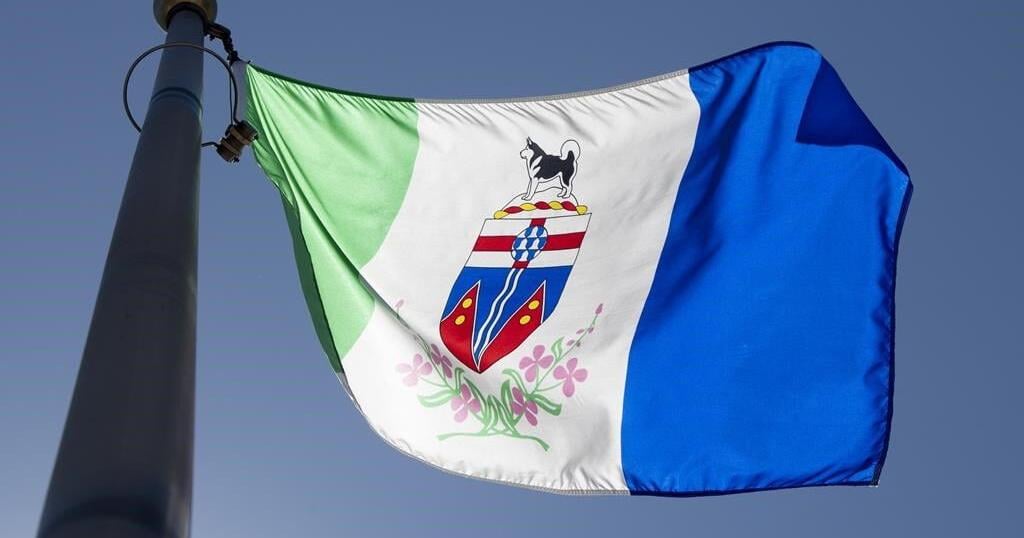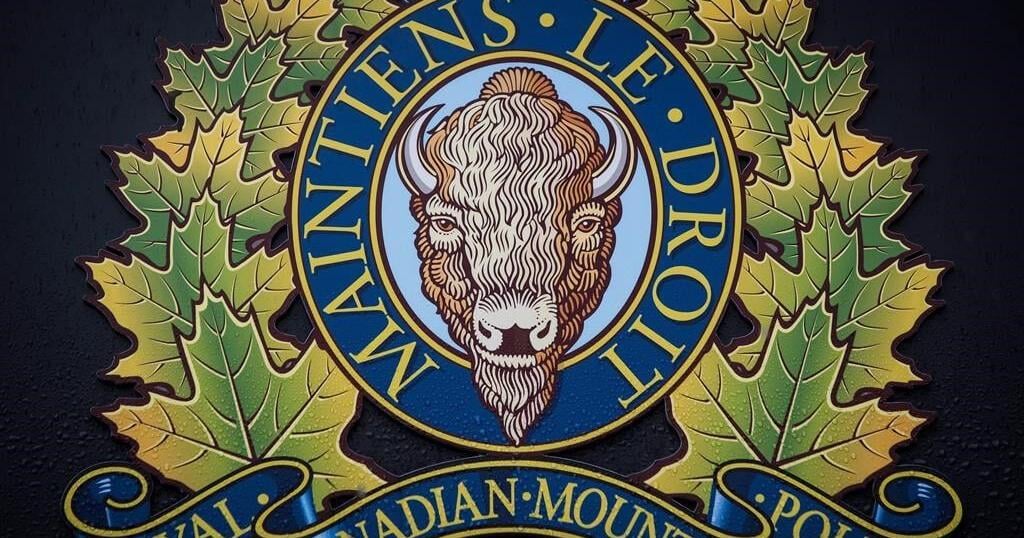MAYO, YUKON – Elevated levels of cyanide have been detected in a waterway after an equipment failure and slide of ore at Victoria Gold’s Eagle Mine last week, the Yukon’s minister of energy, mines and resources said.
A government expert said at the same briefing on Thursday that 300 million litres of cyanide solution had escaped containment in the June 24 incident and there was “significant” risk of a further slide at the mine.
The briefing by mines minister John Streicker and other officials came hours after Victoria Gold issued a statement saying it had detected no cyanide in surface water after the slide.
The firm also announced it had received notices of default from its lenders related to a US$200-million credit agreement.
But Streicker said elevated cyanide levels of about 40 parts per billion were collected in a creek, a level higher than the allowable five parts per billion, and which “could potentially affect fish.”
“Whether this concentration of cyanide in the water will actually affect fish depends on other chemicals in the water. Water quality sampling is ongoing and fish toxicity testing is underway,” he said.
He said the government had retained experts in aquatic science and water quality to help understand the risk to the aquatic environment.
The press conference came after Victoria Gold issued a statement saying surface water quality sampling at multiple points downstream of the mine located about 500 kilometres north of Whitehorse had “not detected any cyanide” since the June 24 failure.
When asked about the apparent disparity between the results, Streicker said samples were collected from multiple locations and testing would have to continue over an extended period.
“If you see a sample that says, ‘no you don’t have cyanide,’ that doesn’t mean that the risk is gone. This is a serious and significant slide,” he said.
“Over time, we will need to do a lot of monitoring to understand how, where, and when those potential contaminants are moving through either the surface or the groundwater and what that looks like.”
Victoria Gold CEO John McConnell did not respond to a request for comment.
The failure occurred at a heap-leach facility, which uses a cyanide solution to percolate through crushed ore and extract gold.
Yukon government officials said at the briefing that ore spilled over an embankment at the base of the facility and the resulting landslide was about 1.5 kilometres long.
They said Victoria Gold had estimated the slide involved about four million tonnes of material and half of that escaped containment.
The cause of the failure is still being investigated.
Yukon’s director of mineral resources, Kelly Constable, said the company moved quickly to build dams to hold back contaminated water that was released and pump it into storage ponds.
Mark Smith, a geotechnical engineer and heap-leach specialist with the government, said his preliminary estimate was that when the two million tonnes of material left containment, it included 300 million litres of cyanide solution.
Streicker said experts have concerns about the stability of the remaining heap, including the potential for further slides.
“Any additional slide has the potential to also risk further environmental contamination,” he said.
Smith said the risk is “significant,” particularly as the region enters the wet summer season and the site is expected to get 100 millimetres of rain this month and in August.
“That’s enough rainfall to make me worried about re-mobilizing parts of the slide,” he said.
The First Nation of Nacho Nyak Dun, whose traditional territory includes the mine site, raised concerns about the potential environmental impact after news of the slide emerged.
On Wednesday, Chief Dawna Hope issued a statement demanding an immediate halt of all mining activity on all of its traditional territory and an urgent independent investigation into what happened.
Streicker said on Thursday he had met with the First Nation and heard their concerns.
He said the government would “take time to think about it,” but added that it was important Victoria Gold continue working at the site to address safety and environmental concerns.
“You really don’t want to say to Vic Gold, ‘Please stop doing that work.’ You want Vic Gold to be doing that work right now. It’s important. I just think you would never want a consequence like that,” he said.
Yukon NDP Leader Kate White issued a statement calling on the government to agree to the First Nation’s demands.
“There must be an independent investigation into this disaster and all mining in the area must pause until there is a land use plan in place that protects the rights, lands and waters of Nacho Nyak Dun. This government must honour and respect Nacho Nyak Dun’s treaty rights,” she said.
Victoria Gold, which is the territory’s largest private sector employer, said in its latest statement that it had received notices of default from its lenders under a 2020 credit agreement.
It said production remained suspended and its previous 2024 production and cost forecasts had been retracted.
A press release that announced the deal on Dec. 18, 2020, said the credit agreement was with a syndicate of banks.
The Eagle Gold cleanup process is the financial responsibility of Victoria Gold.
Territorial officials have said the company has provided the legally required $104 million in bonds to cover remediation costs if the mine were to cease operations.
Stephen Mead, assistant deputy minister of mineral resources, said Thursday that the state of Eagle Gold has clearly changed since that bond amount was last reviewed in January.
“We would have to look at that remediation plan and then adjust it to match the current conditions,” he said.
“But that’s something that’s a contingency, depending on the outcomes of many other things. But that’s something in the background that we’re bending our mind to right now.”
— Ashley Joannou in Vancouver
This report by The Canadian Press was first published July 4, 2024.

























